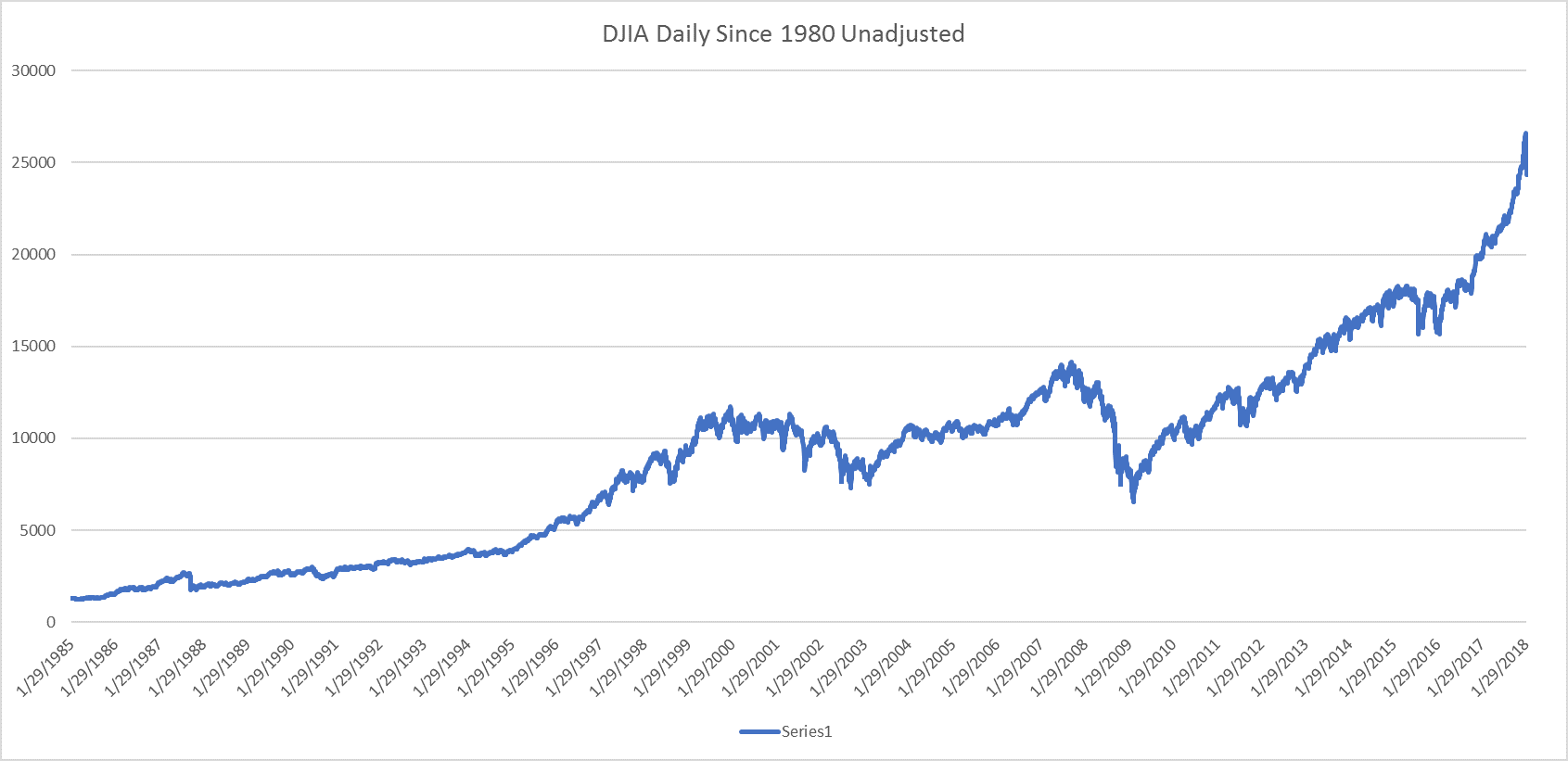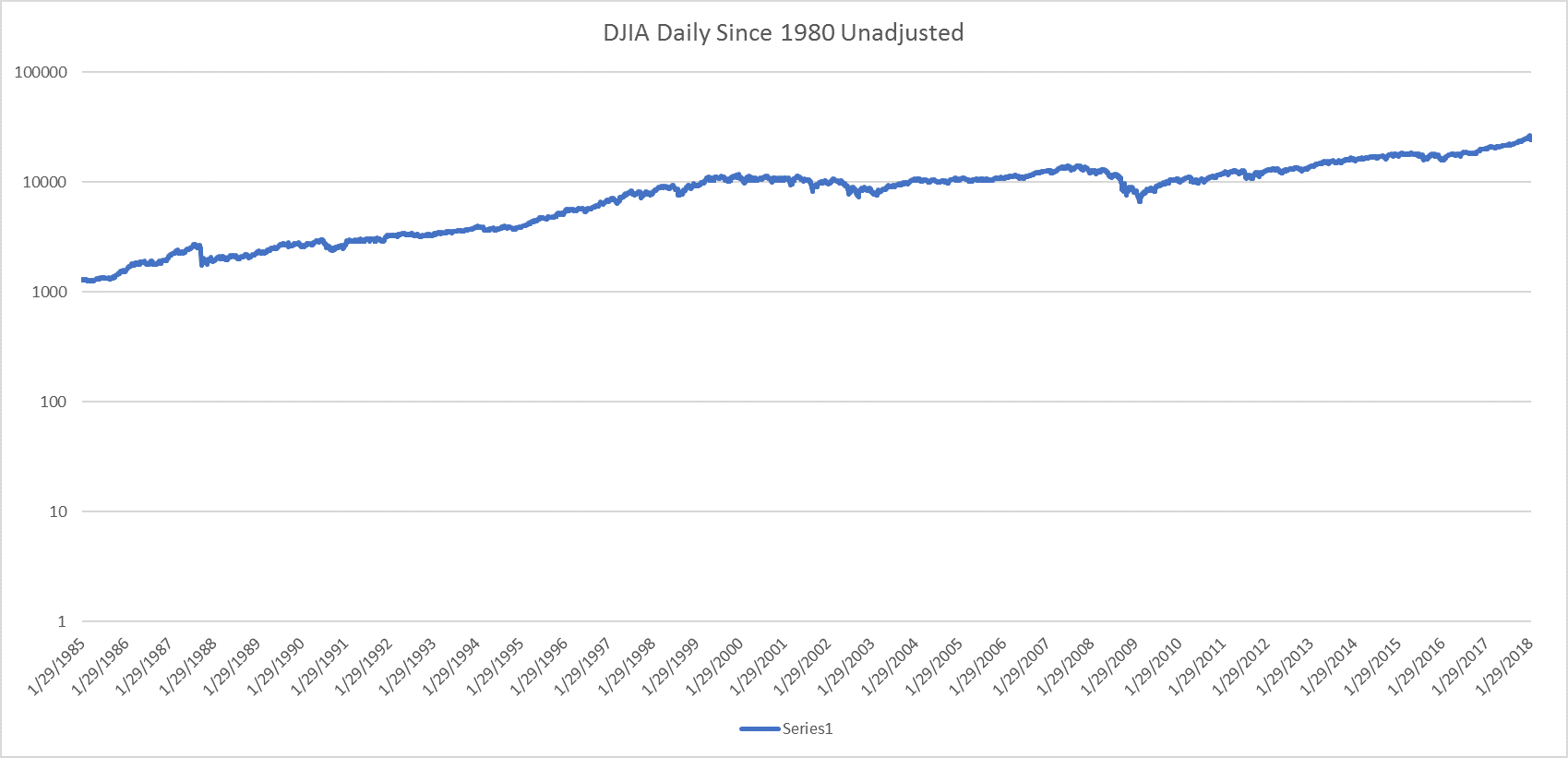President Donald Trump has an immigration bill on offer before the Congress, the Republicans have one, and a bipartisan group of two Senators have one. Trump’s bill includes legalization and an eventual possibility of citizenship for 1.8 million Dreamers (1.2 million, or so, beyond ex-President Barack Obama’s (D) illegal DACA program Dreamers), funding for a border wall, and changes to our visa programs. The Republicans’ offer centers on DACA protections and a border wall. The “bipartisan” bill has only DACA protections, not even border security.
The Progressive-Democrats in Congress oppose both of the first two, and all three bills don’t look promising for passage, with that third a non-starter for its lack of protections for our nation.
This is what we see from the Progressive-Democrats. They’ll vote against a bill that provides protections for the Dreamers protected under DACA. They’ll vote against a bill that provides protections and legal status for three times the number of Dreamers than were protected under Obama’s DACA.
This is the conclusion that follows. The Progressive-Democratic Party and its Congressional members don’t see DACA Dreamers—and especially the added Dreamers under Trump’s offer—as human beings. Not at all. These people are just a mechanical commodity, a tool to be used politically as a campaign issue on which to raise money and get votes.
The Progressive-Democrats claim that Trump’s offer would reduce overall immigration through the visa changes, and it likely would. That, though, is just a broader, immigrants-as-commodity for Party political gain, argument. Immigrants generally aren’t human beings in the eyes of Progressive-Democrats; the mass of immigrants is just a tool.
Of course, the Progressive-Democrats could prove me wrong. They could stop playing politics with human lives and support Trump’s bill. Or they could stop playing politics with human lives and support the Republicans’ DACA plus border security bill.
If they don’t, remember their attitude toward men and women and children this fall.


